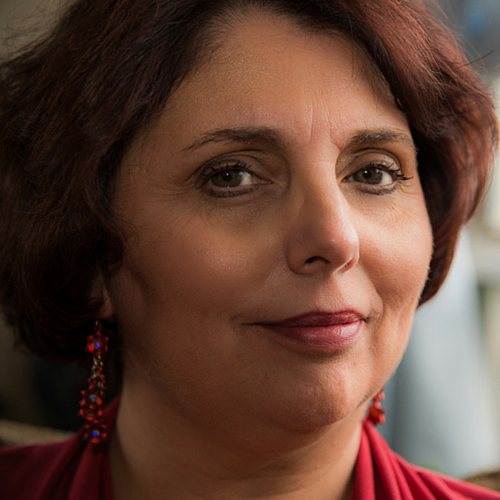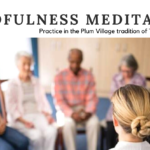 On a scale of 1 to 10 with the number one representing very little and the number ten representing profound bliss, how much happiness do you experience on a daily basis? According to research conducted by Time magazine and a Harris Polls Survey of American Happiness more than two-thirds of the population report that they experience very little if any happiness on a regular basis. A majority of people polled stated that living during times of national and worldly turmoil, and the demands of life make it difficult for them to feel happy or joyful,
On a scale of 1 to 10 with the number one representing very little and the number ten representing profound bliss, how much happiness do you experience on a daily basis? According to research conducted by Time magazine and a Harris Polls Survey of American Happiness more than two-thirds of the population report that they experience very little if any happiness on a regular basis. A majority of people polled stated that living during times of national and worldly turmoil, and the demands of life make it difficult for them to feel happy or joyful,
Positive Psychologist Meghan Keener states, “Happiness is a word with a thousand definitions. When most people today use the word, they mean positive emotion or positive affect. It’s also a shorthand for satisfaction with life, or general well-being. We could liken the emotion of happiness to joy, but joy is sometimes thought of as more spiritual than happiness, which can feel more simple and cheerful in nature.” His Holiness the Dalai Lama and Archbishop Desmond Tutu, two of the greatest spiritual masters of our time, profess that joy is “much bigger” than happiness. They explain that happiness is often seen as being dependent on external circumstance, whereas, joy is not. The Holiness and the Archbishop agree that Joy is our birthright and can be experienced in the midst of the most physically challenging of times.
In April 2015, Archbishop Desmond Tutu traveled to Dharamsala, India to celebrate the eightieth birthday of the Dalai Lama. Like the body of their work, these two Nobel Peace Prize winners wanted their celebration to touch the world. During their week’s time spent together, the Dalai Lama and Desmond Tutu produced a literary gift, The Book of Joy: Lasting Happiness in Times of Change. The book’s purpose is to be a spiritual blueprint on how to navigate through collective worldy and personal challenges that all of humankind experiences and remain connected to the Joy of our being. Desmond Tutu states that individuals falsely believe that if their lives were filled with enough external pleasures, their dream job, relationships, financial status, home, and/or body, they would be free from suffering and live happily ever after. Both men agree that suffering is an inevitable part of the human experience and if embraced can be a doorway to growth and greater compassion, love and inner profound joy. This belief is proclaimed by two men who have survived more than fifty years of exile and soul-crushing violence of oppression.
In the Book of Joy, The Dalai Lama and Archbishop Desmond Tutu describe their inner pathway to joy while they physically experienced decades of exile, violence and racism. In this literary masterpiece, these Spiritual Masters make the distinction between two types of happiness, explain the obstacles to joy, and call us to embody the eight pillars of joy. Commencing on July 8, 2018, I will begin a summer Sunday series on the teachings presented in The Book of Joy. If you have the desire to stop postponing joy until…you retire, move, the children get older etc… I invite you to call forth the joy of your being right where you are in life. Come join me on Sundays this summer at 10:30 AM and move the needle on your daily joy meter as we embark together on the inner pathway to joy.







